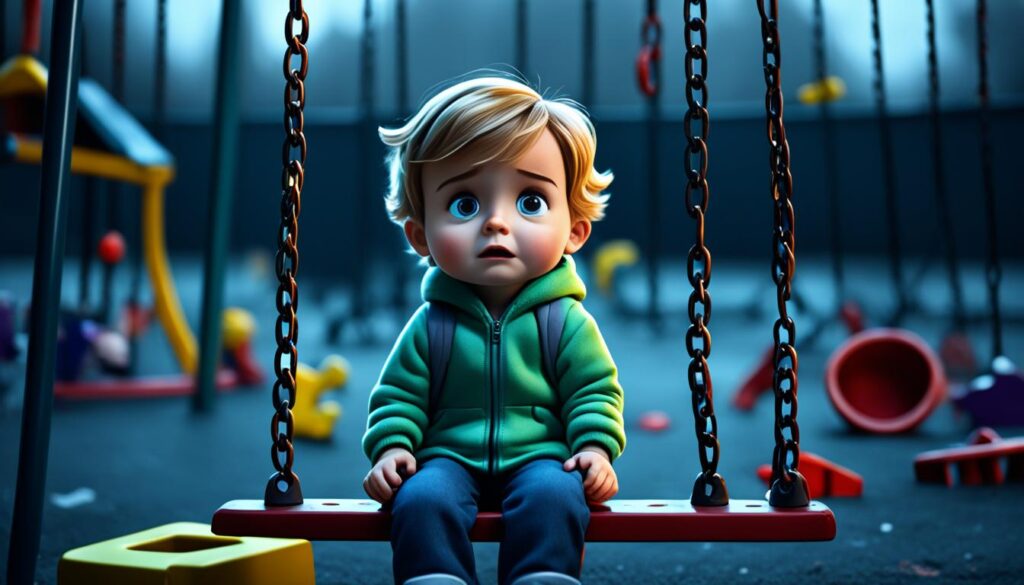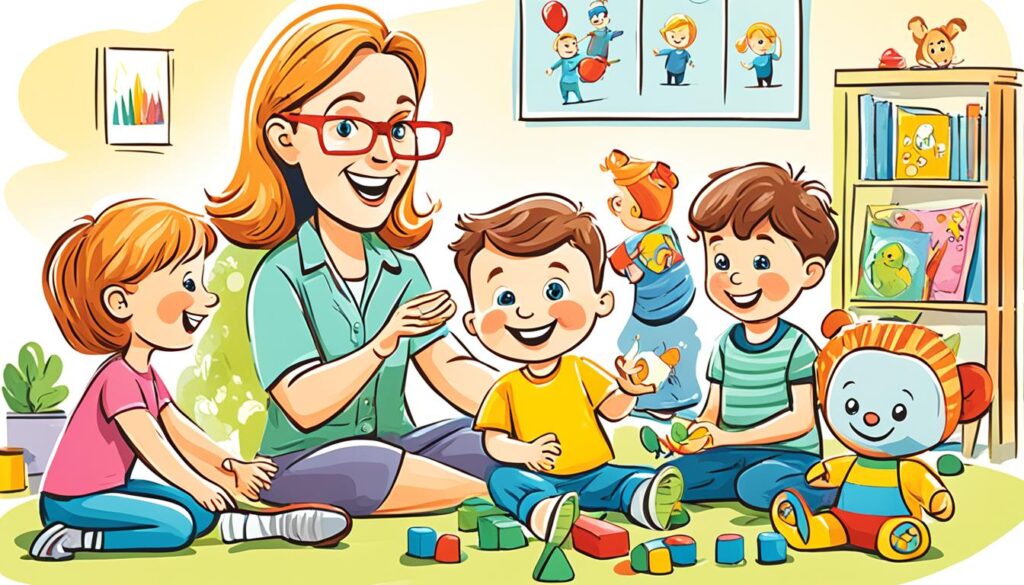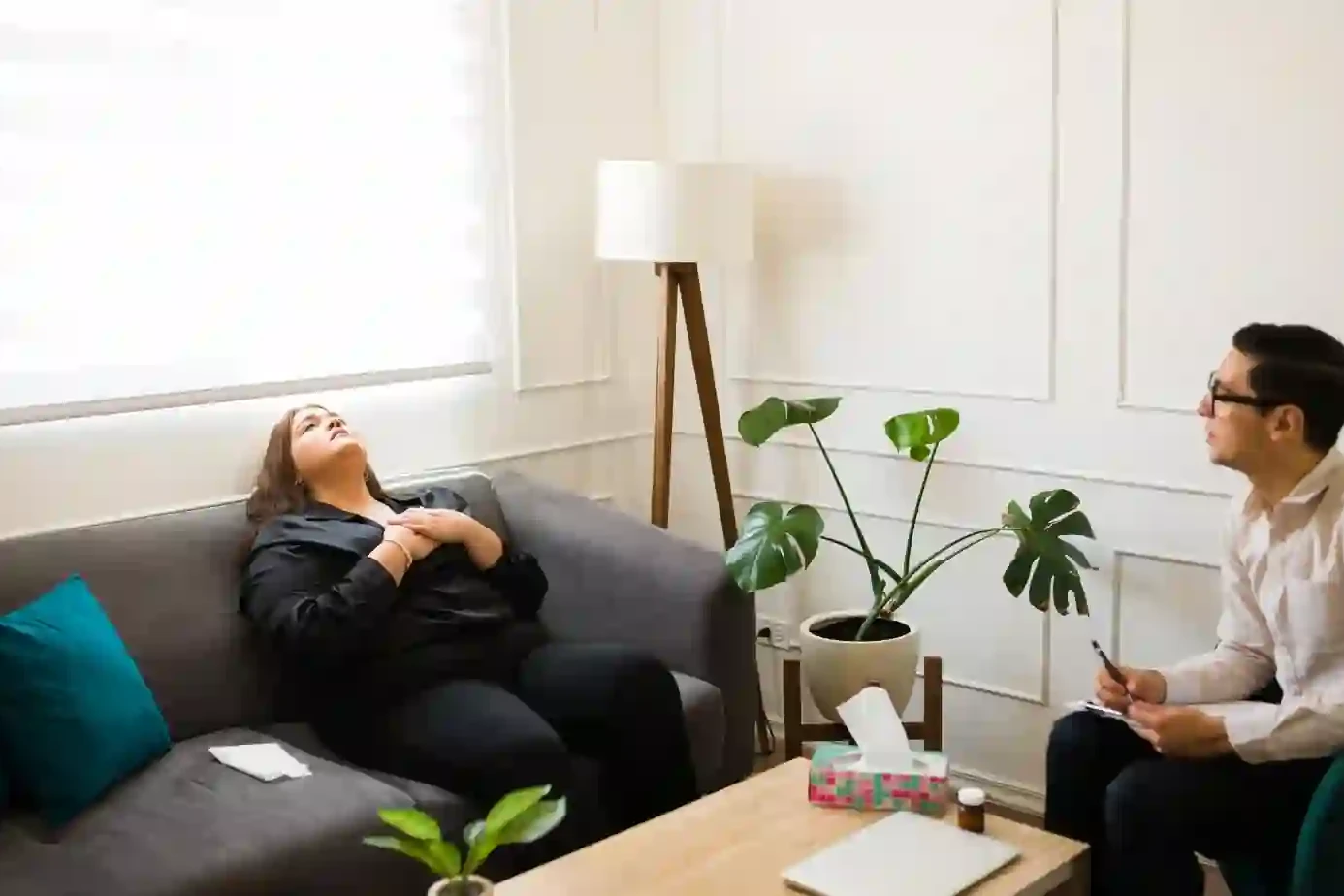Did you know that 1 in every 7 children between the ages of 15 and 24 suffers from mental health issues? These numbers are not just statistics; they’re real children who need help.
Dr. Chandril Chugh, a trained pediatric neurologist, strongly believes that understanding mental health in children isn’t a luxury anymore. It’s a must. And this is where a master’s in child psychology becomes critical.
With rising awareness around emotional well-being and childhood trauma, there is an increasing need for mental health professionals who specialize in children.
If you’re someone looking to make a real difference, this guide will walk you through everything about masters in child psychology careers and how you can get started.
Table of Contents
ToggleWhat is a Master’s in Child Psychology?
A Masters in Child Psychology is a postgraduate degree that helps students understand how children think, behave, and grow emotionally. It teaches how kids learn, what affects their moods, and how their surroundings play a role in shaping their thoughts.
This course usually takes 2 years to complete and focuses on both theory and practical training.
Also Read → Child Development Psychology: Stages, Factors & Importance
Who Should Choose a Masters in Child Psychology?
Not everyone is fit for this field. But if you’re someone who has a soft corner for kids and wants to help them through emotional or behavioral problems, then this career might be for you.
It’s a good fit for:
- Graduates in psychology, education, or social work
- Teachers who want to specialize in student well-being
- Parents or caregivers aiming for a second career
If you feel driven to support children and families, this course could be the right step.
Career Benefits of a Masters in Child Psychology
Choosing this path comes with strong professional rewards. You not only help children but also secure a fulfilling career.
- High demand in schools, hospitals, and clinics
- Opportunity to work in both public and private sectors
- Access to jobs in research and development
- Help children with autism, anxiety, ADHD, and trauma
- A meaningful job with emotional satisfaction
In India and globally, there’s a growing push for better mental health infrastructure. This is opening doors to childhood therapy careers and beyond, especially for those with a masters in child psychology.
Top Career Paths After Graduation
There are several options once you complete your masters in child psychology.
Let’s look at the top 4 jobs with a child psychology degree.
School Psychologist
These professionals work with students who face learning or emotional problems.
- Assess learning disabilities or behavior issues
- Collaborate with teachers and parents
- Create school-based intervention plans
Great for those who love working in educational settings.
Child Counselor
They help kids deal with stress, anxiety, or family issues.
- Conduct one-on-one therapy
- Guide children through emotional healing
- Help with issues like bullying or family conflict
Often found in clinics, hospitals, or private practices.
ABA Therapist
ABA stands for Applied Behavior Analysis. These therapists help children with developmental conditions like autism.
- Design treatment plans
- Improve communication and behavior
- Often work closely with families
A top option among autism support careers for those with a masters in child psychology.
Research Assistant
If you’re inclined toward data, this is for you.
- Work on child psychology studies
- Collect and analyze behavioral data
- Assist in publishing findings
Perfect for those considering a PhD later.

Earning Potential: Salary Expectations in India & Abroad
Salaries vary by location, experience, and role.
Here’s a snapshot.
| Job Role | Average Salary (India) | Average Salary (USA) |
| School Psychologist | ₹3.48 lakh/year | $85,340–$96,096/year |
| Child Counselor | ₹3 lakh/year | $60,000–$85,000/year |
| ABA Therapist | ₹2.34 lakh/year | $55,000–$77,000/year |
| Research Assistant | ₹2.8 lakh/year | $50,000–$60,000/year* |
*Note: U.S. Research Assistant salaries vary widely by institution and region; $50,000–$60,000 is a general range for entry-level positions.
Child psychologist salary India continues to grow as awareness increases and private clinics expand.
What You’ll Study: Key Subjects & Specializations
A Masters in Child Psychology isn’t just about reading books. It includes real practice, workshops, and hands-on learning.
Core Courses
You will study:
- Child Development Psychology
- Research Methods
- Cognitive Development & Psychology
- Childhood Mental Disorders
- Therapy Methods for Kids
- Ethics and Cultural Diversity
These courses help you understand the basics of how a child thinks and behaves.
Bonus Read → Top Child Psychology Courses: Start Your Journey Today
Specialized Topics
You can choose areas like:
- Autism and ADHD
- Childhood Trauma Counseling
- Family Therapy
These specializations are highly useful for developmental disorders psychology roles.
Choosing Between MA and MS: Which is Right for You?
Both degrees are valuable, but they suit different goals.
| Feature | MA in Child Psychology | MS in Child Psychology |
| Focus | Theory + Counseling | Science + Research |
| Best For | Clinical Roles | Lab or Research Jobs |
| Study Style | Discussions + Case Studies | Experiments + Data Work |
If you enjoy counseling or therapy, go for an MA in Child Psychology. If you’re into data and research, then MS in Child Psychology may suit you better.
Admission Requirements & Application Process
Most universities have a similar process.
- Bachelor’s degree in Psychology or related field with 3.0 GPA or higher
- Entrance test (some colleges)
- Courses in psychology, statistics, or research
- Statement of Purpose (SOP)
- Letters of Recommendation
- Personal statement about your career goals
- Some programs may ask for GRE scores (optional in many cases)
Some popular psychology PG programs in India include courses from Delhi University, Jamia Millia, and TISS.

Beyond the Master’s: PhD, PsyD & Further Education
Once you complete your master’s, you can go for:
- PhD in Psychology (Research-heavy)
- PsyD (Clinical Practice)
- Short-term diplomas or certifications
Advanced education increases your chances of better-paying and impactful jobs in graduate programs in psychology.
Is a Career in Child Psychology Right for You?
Before enrolling, ask yourself:
- Do I enjoy working with children?
- Am I patient and emotionally strong?
- Can I handle difficult situations calmly?
This career requires not just skill, but heart. Many who pick this path say it’s one of the most rewarding fields.
Should You Pursue This Career Path?
If you care about children and want to make a difference in their lives, then yes. A Masters in Child Psychology opens doors not just to jobs, but to changing lives. Whether it’s counseling, teaching, or research, your role is essential.
Dr. Chandril Chugh often says, “The earlier we help, the better their future”. His clinics see the change child psychologists bring every day. That could be you.

Frequently Asked Questions
Q: Can I pursue this degree if I didn’t study psychology in undergrad?
A: Yes, many programs accept students from related fields with some extra coursework.
Q: MA or MS—which is better?
A: An MA in Child Psychology typically focuses on therapeutic techniques, counseling skills, and developmental theories. In contrast, an MS is more research-oriented, with emphasis on data analysis, psychological testing, and experimental methods. If you’re more interested in hands-on therapy, choose an MA; if you enjoy research, consider an MS.
Q: How much can a child psychologist earn in India?
A: Entry-level salaries for child psychologists usually range between ₹4 to ₹6 lakhs per annum. With 5–10 years of experience, earnings can rise to ₹8–12 LPA or more. Professionals in private practice or high-demand urban areas may earn more. Income also depends on specialization, certifications, and type of organization.
Q: Can I work with just a master’s?
A: Yes. In India, to be recognized as a licensed clinical psychologist, you must complete an M.Phil in Clinical Psychology from an RCI-approved institute. However, with a master’s degree, you can still work as a counselor, school psychologist, or child therapist in non-clinical roles. Many educational institutions and NGOs hire master’s graduates for these roles.
Q: Is it a good career in India?
A: Absolutely. Mental health awareness is growing, and professionals are in demand.
About The Author

This article is medically reviewed by Dr. Chandril Chugh, Board-Certified Neurologist, providing expert insights and reliable health information.
Dr. Chandril Chugh is a U.S.-trained neurologist with over a decade of experience. Known for his compassionate care, he specializes in treating neurological conditions such as migraines, epilepsy, and Parkinson’s disease. Dr. Chugh is highly regarded for his patient-centered approach and dedication to providing personalized care.
→ Book a consultation to discover which remedies suit your needs best.




